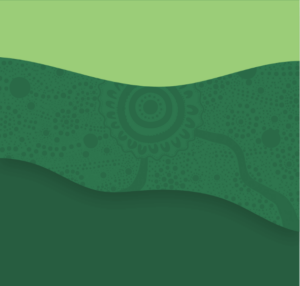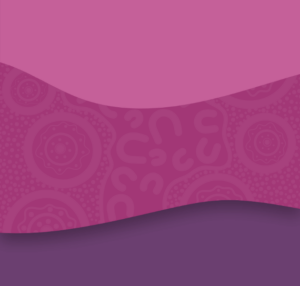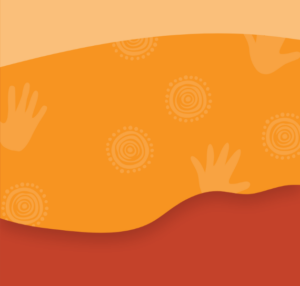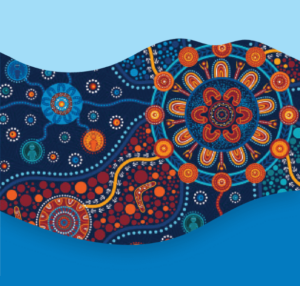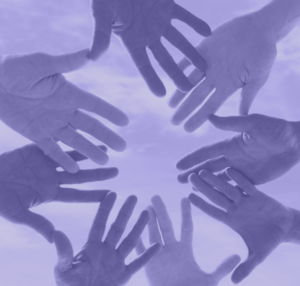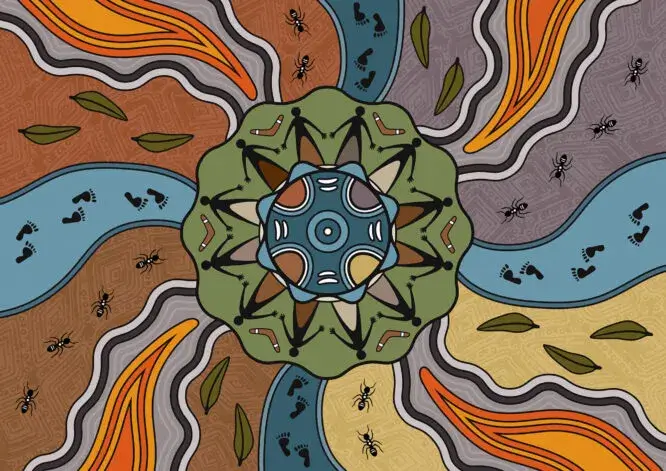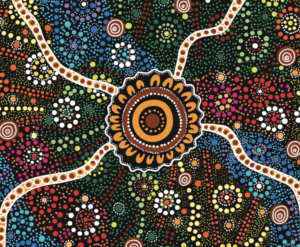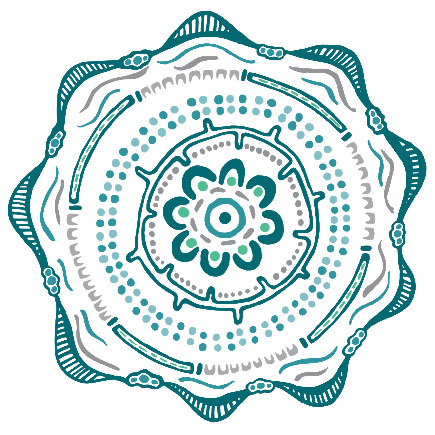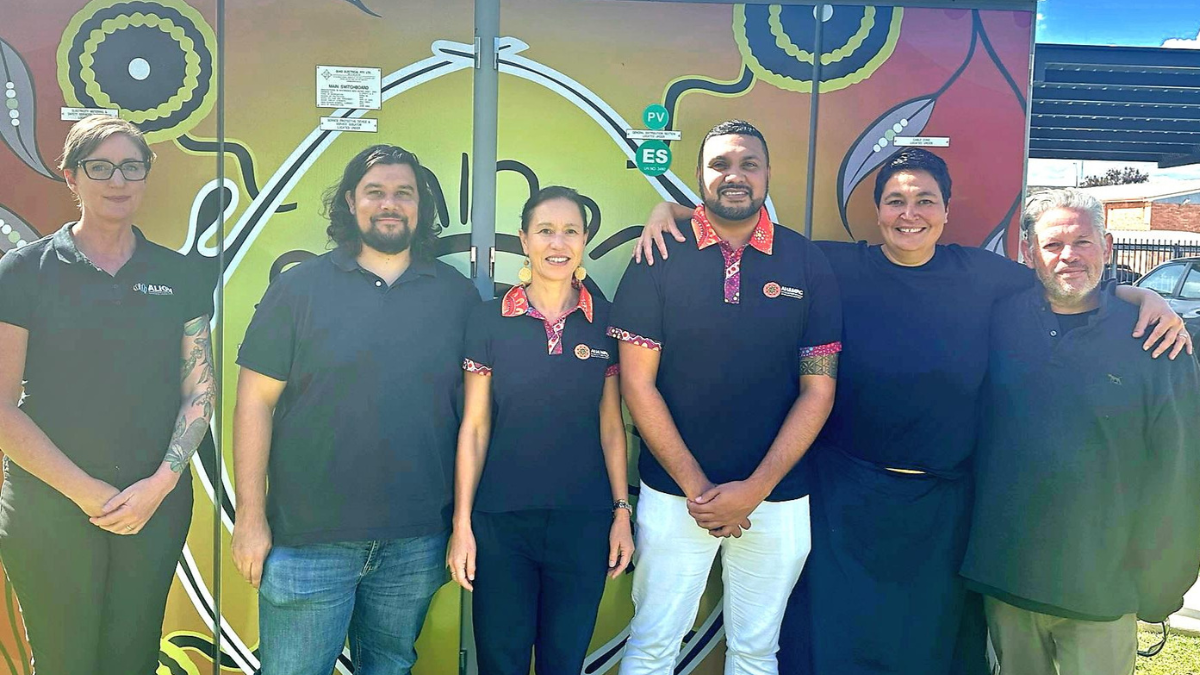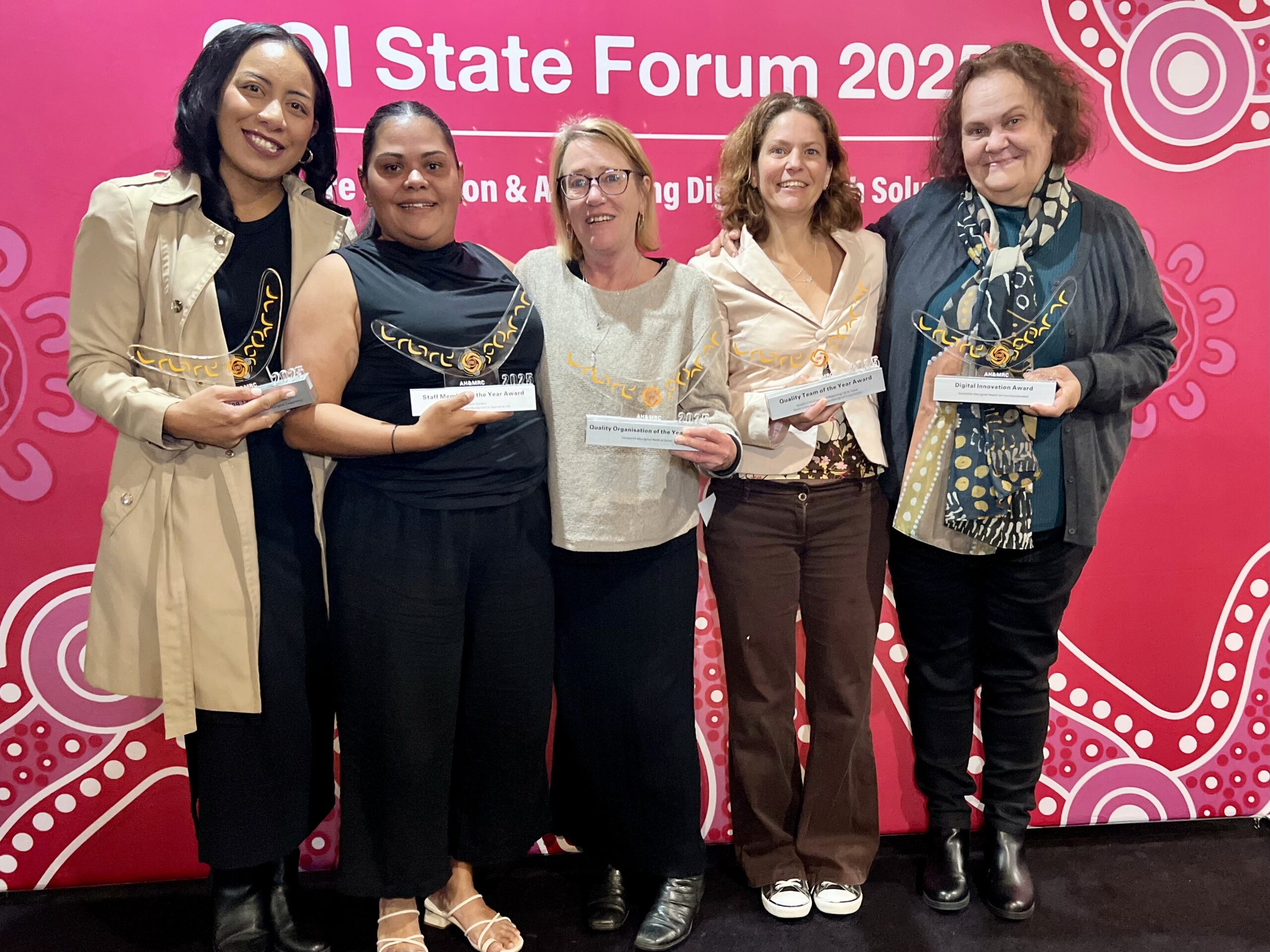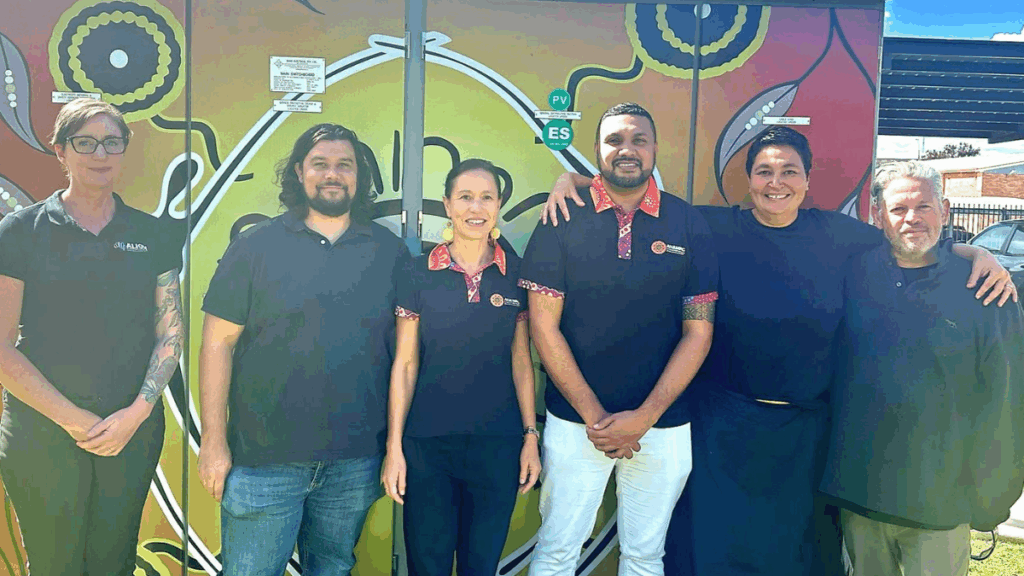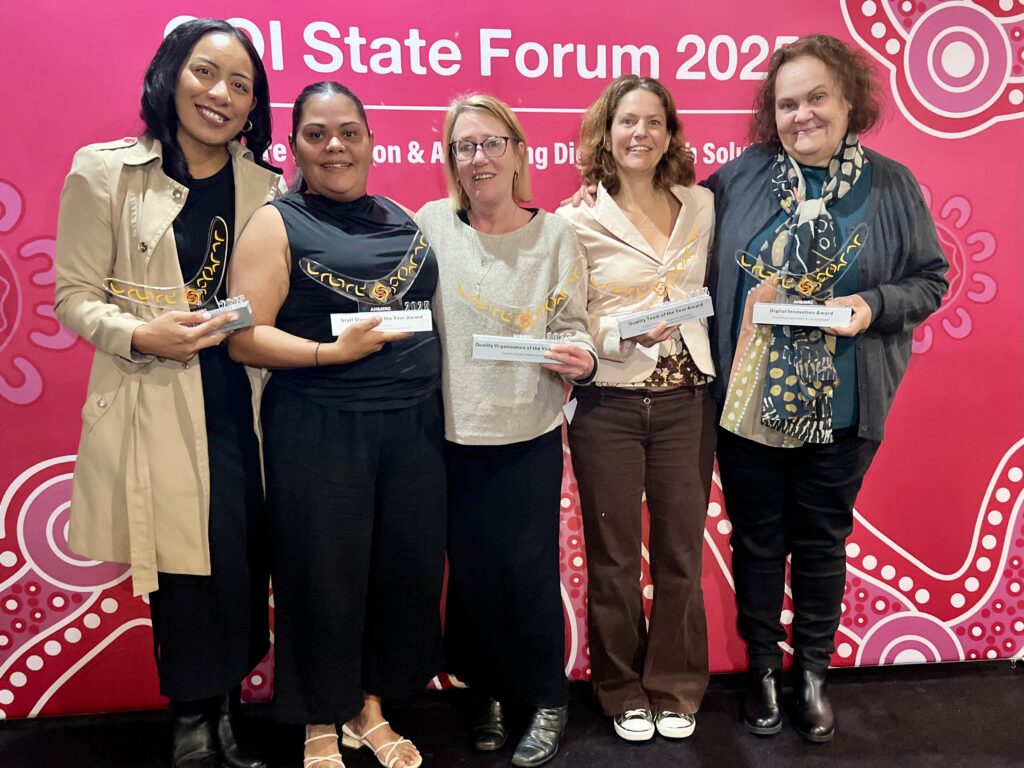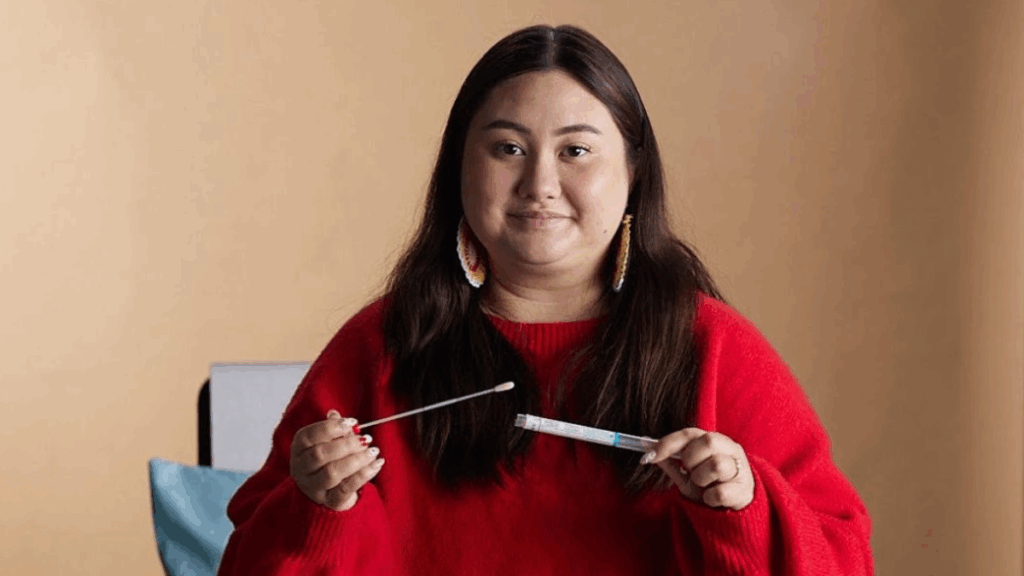As Aboriginal people, many of us believe you are born from the earth to walk the earth, and when the time comes, your Spirit returns to the earth. How you return to the earth, and the peace your loved ones experience during that time are all important parts of our culture and grief journey.
Despite advances in modern medicine, sometimes medical conditions such as advanced kidney, lung, heart disease, dementia and other age-related deteriorating conditions cannot be fixed. If a person has a life-limiting condition, meaning they cannot be cured and it will lead to the end of their life, the focus of care shifts from cure to making sure they have the best quality of life. This is known as palliative care.
Having palliative care doesn’t necessarily mean that a person is likely to pass soon. You can receive palliative care for years. It can take place on Country, at home, in a residential aged care facility, in a hospice, or at a hospital.
It is important to highlight that we, as Aboriginal and Torres Strait Islander peoples, have a heritage of loss. For a person close to passing and for their loved ones, the impact of the loss and grief is compounded by earlier experiences. Many of us avoid talking about the end of life journeys with our clients, community or family members and are less likely to access palliative care and so the cycle of grief and trauma continues.
Palliative care can be a positive experience. It allows people to be comfortable at the end of their lives. It eases their concerns and that of their loved one and allows time to be spent together enjoyably. Most importantly, palliative care honours the person and their wishes. Accessing palliative care and having a positive experience can bring much healing to loved ones for many years after the loved one passes and begin to break cycles of grief and trauma.
This is why palliative care is important for our mob.
Whether you are a health professional, a brother, sister, cousin, mother, father, aunty or uncle – you have a right to palliative care and the sovereignty, dignity and respect that it brings.
If you are interested in knowing more about palliative care and how you can support you, your loved ones or your mob, Indigenous Program of Experience in the Palliative Approach (IPEPA) have free placements and training workshops available.
Please contact our NSW Aboriginal Team, Nathan Taylor for more information at SLHD-PEPA@health.nsw.gov.au or follow IPEPA on Facebook
Authors –
Nicole Hewitt, Isaac Simon and Nathan Taylor at IPEPA
